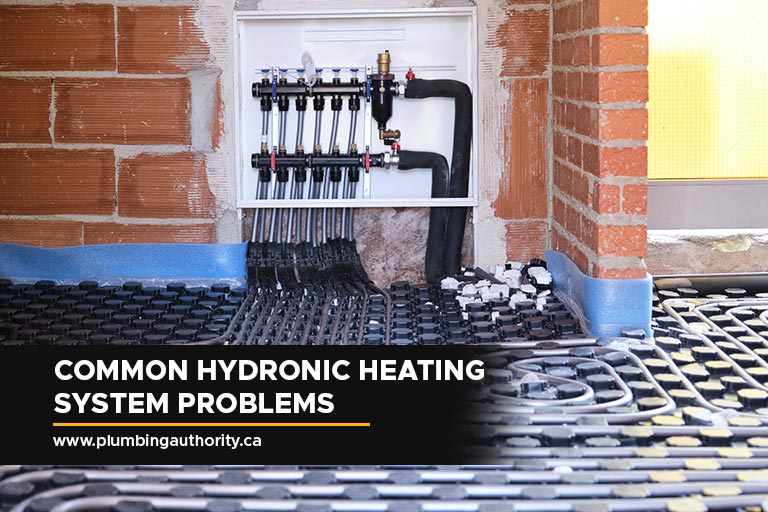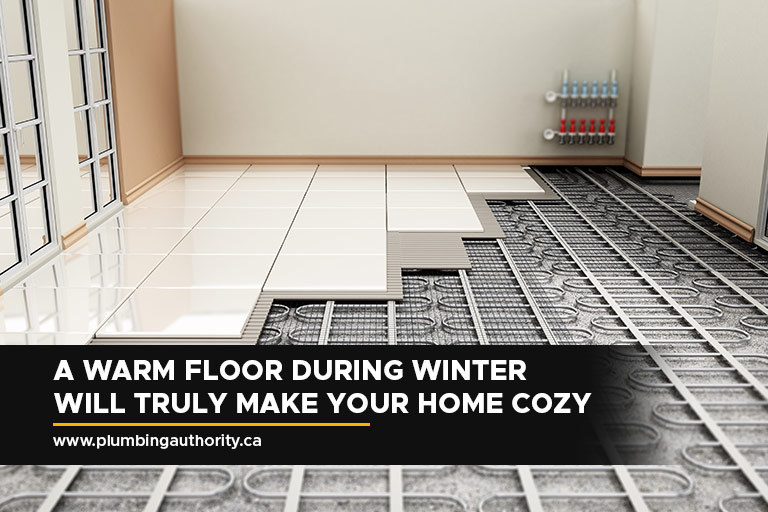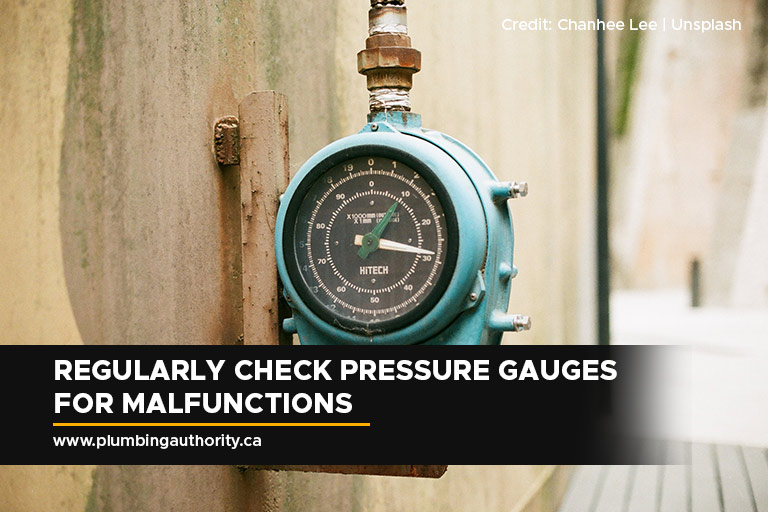
As the world experiences an energy crisis, the demand for a more efficient and eco-friendly heating system increases. Enter the hydronic heating system that uses boiled water as the main energy to warm up every room in your home.
Improved to cater to modern demand, this heating system, which is also known as radiant heating, utilizes clean, heated water and circulates heat around your house.
With a baseboard heater found on the floor or through radiators, heat energy is dispersed with the use of natural convection. However, every piece of technology has its own issues which call for preventive maintenance.
An Overview of a Hydronic Heating System

A warm floor during winter will truly make your home cozy
Considered safer for your home and the environment, a hydronic heating system utilizes a looped coil radiator that heats water efficiently and distributes it around every part of your home. Without the need for any vents, fans, or air systems, it also prevents the entry of allergens into your house.
It is installed under your floor or behind walls. With the help of convection currents, heat energy is distributed evenly throughout your house as warm air rises and cold air gets warmed as it goes down. This can make your floor warm throughout the cold months. It also helps your household avoid fire hazards since it does not use any chimney or open flame to generate heat.
Heat levels can be controlled with the use of a thermostat. Hydronic heating systems also use less energy compared to traditional central heating, and you won’t have to change its filter. It also operates more quietly than other heating options, allowing you to have a peaceful slumber.
Common Problems

Regularly check pressure gauges for malfunctions
Hydronic heating systems can experience problems. However, these can easily be remedied. Hydronic heating system service experts will tell you to watch out for the following issues:
- Incorrect Tank Pressure
Since hydronic systems use water to generate heat, over time, the built-up steam inside that has not been properly released may cause pressure errors that need to be regularly corrected.
If uncorrected this slight or major shift in normal pressure may lead to leakage in the boiler, which leads to a less efficient system. It is important you have experts conduct a regular hydronic heating system repair and maintenance check to prevent problems.
- Damaged Thermostat
Hydronic heating system components like the thermostat can also be easily damaged. Depending on how your system is designed, damage may be caused by an electric wiring error or damage to the temperature sensor.
However, this can easily be fixed by an electrician who can rewire the thermostat to the boiler connection. Alternatively, you can opt to replace the thermostat with a sturdier variety.
- Low Water Level
Maintaining the water level inside your hydronic system’s boiler is also a crucial maintenance task. If the water level decreases beyond normal levels, it could lead to the corrosion of crucial mechanical parts, which can cause irreparable damage.
The recommended water level is half of the full amount. Maintaining this level will ensure your system remains efficient. Too much water can slow down the heating rate, while too little water can damage the boiler.
- Formation of Sludge
Water pH levels can change over time, either becoming acidic or basic. If this occurs, this could lead to the formation of sludge in the form of limescale deposits at the bottom of your boilers as the water may cause certain chemical reactions inside.
As the sludge accumulates, it will decrease the efficiency of your hydronic system. a sludge-filled boiler will have a harder time heating the water. This can lead to increased electric bills and can shorten the lifespan of your boiler.
To prevent this, make sure to conduct regular flushing procedures that will eliminate all the build-up.
- Leakage
Faulty pipes in your hydronic heating systems are always a cause for concern. Since you’re using water as the primary medium in heat production, having leakages in your pipes will reduce the system’s efficiency.
It can also lead to water damage and flooding if left unchecked for a long time. Make sure to have your pipes checked regularly to ensure that any potential leak will be remedied right away.
- Air in the System
Hydrogen build-up in hydronic system radiators is a common occurrence. As water is constantly heated, some hydrogen bonds will tend to detach themselves caused by electrolytic corrosion.
This can lead to the presence of cold air in your radiators, which if left untreated could lead to restricted heat transfer and reduced efficiency. The accumulated hydrogen may also dissolve in the water and create sludge in the process.
- Noisy Boiler
Hydronic systems are fairly quiet when compared to other heating systems. If you ever hear a noise, this could mean that sludge and debris have formed in the boiler thus creating unnecessary pressure inside.
This will lead to reduced efficiency and boiler lifespan, so make sure to have your boiler checked right away if you hear any unusual noise.
- Failing Pump
Sludge build-up in the boiler may contain some oxide that can affect mechanical movements. It will take your pump double the effort to properly move the water, resulting in pump failure.
- Lack of Power
Decreased power efficiency in your boiler can be caused by a conglomeration of factors and mishaps. From the sludge formation, hydrogen gas build-up, and leaking pipes to name a few, all these can contribute to the decreased power efficiency of your hydronic system. To prevent this, make sure to hire a professional to conduct inspection and maintenance.
A hydronic heating system is an excellent addition to any home. The challenge, however, is to make sure that it’s properly maintained so it operates at optimum levels.
For hydronic heating service and repairs call on the experts of Plumbing Authority Inc. We are available 24/7. Call us now at 647-992-7473 (PIPE) for your concerns and emergencies.




